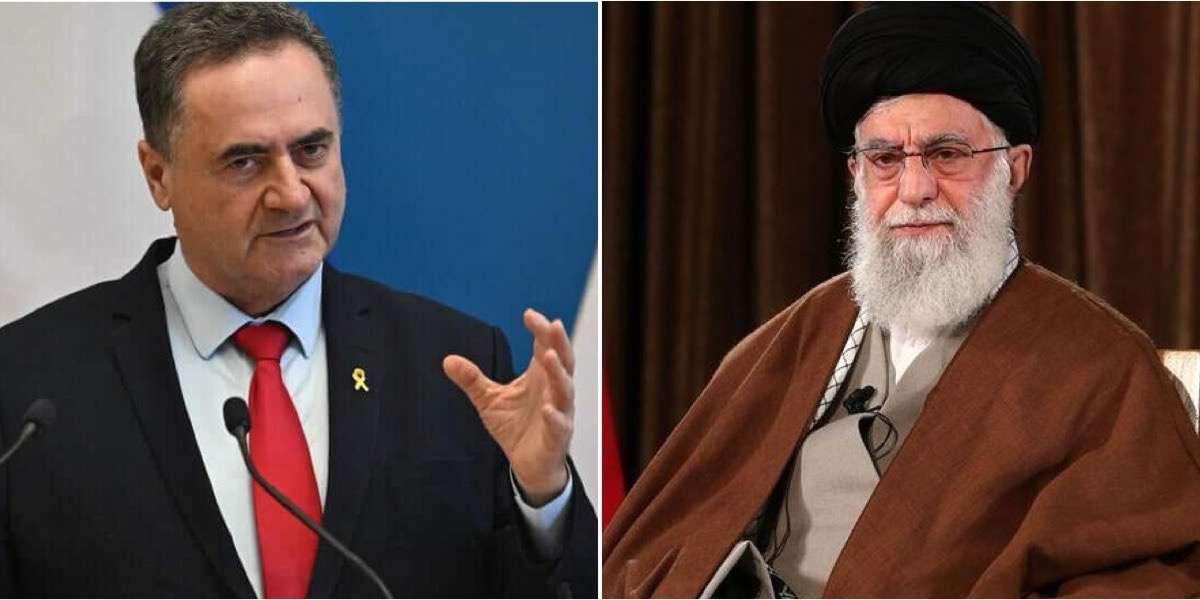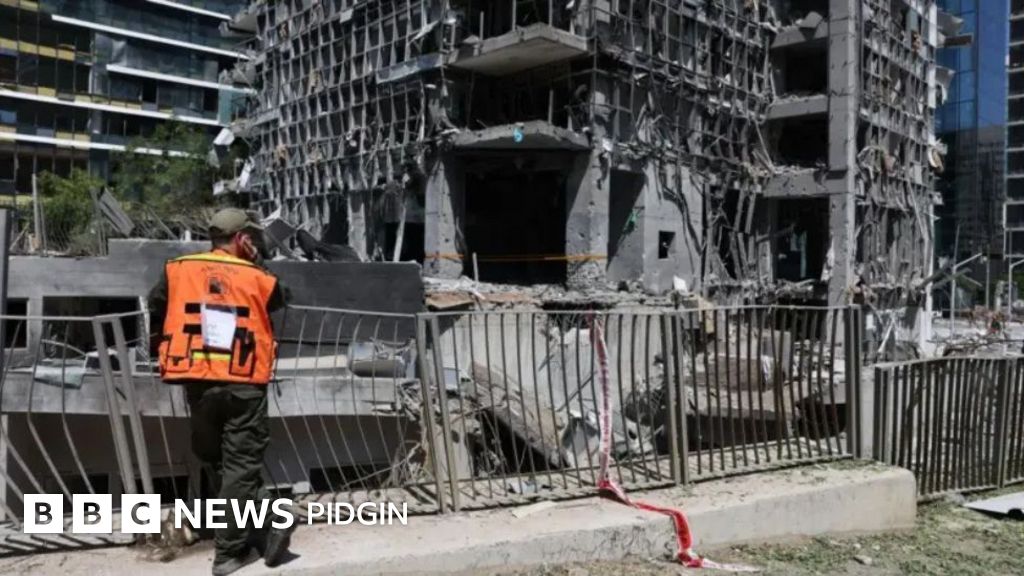Israel Strikes Iranian Nuclear Sites As Iran Hits Hospital In Escalating Conflict
Israel has bombed multiple nuclear sites across Iran on, while Iranian missiles struck a hospital in southern Israel overnight, marking a dangerous escalation in the week-long aerial conflict between the two bitter enemies.
In one of the most serious incidents so far, a missile hit the Soroka Medical Centre in the Israeli city of Beersheba, wounding at least 40 people. Most of the victims were hospital staff and patients, according to Shlomi Kodesh, the hospital’s director general. “Several wards were destroyed. It’s a miracle more people weren’t killed,” he said.
Standing outside the damaged facility, Prime Minister Benjamin Netanyahu vowed Tehran’s leaders would face severe consequences. “The tyrants in Tehran will pay the full price,” he declared. “I have issued instructions that no one is immune.”
Defence Minister Israel Katz confirmed that Israel’s military had been ordered to intensify strikes on strategic targets inside Iran, with the goal of undermining its capacity to threaten Israel and destabilising what he called the “Ayatollah regime”.
Israel said it had struck nuclear sites in Natanz and Isfahan and initially claimed to have hit the Bushehr nuclear power plant as well. However, a spokesperson later retracted the Bushehr claim, calling it an error. A senior Iranian diplomat accused Israel of “psychological warfare”, stating that Bushehr had not been targeted. The site is viewed as highly sensitive, housing Russian technicians and located near several Arab Gulf states.
The Israeli offensive, described by Western, Israeli and regional officials, is intended to do more than cripple Iran’s nuclear and missile capabilities. It is also designed to weaken Supreme Leader Ayatollah Ali Khamenei’s regime to the point of near-collapse. Sources said Netanyahu is pushing for Iran to be forced into permanently abandoning its uranium enrichment, ballistic missile development, and regional support for militant groups.
Despite the intensity of the campaign, Israeli Foreign Minister Gideon Saar told reporters outside the hospital in Beersheba that “regime change” was not an official objective. “That is not a goal the security cabinet has set — for the time being,” he said.
The United States has yet to clarify its stance. President Donald Trump has oscillated between proposing a diplomatic resolution and suggesting direct military involvement. “Nobody knows what I will do,” he said on Wednesday, after musing a day earlier about assassinating Khamenei and demanding Iran’s unconditional surrender.
The conflict has already inflicted devastating losses. Israeli strikes have reportedly killed hundreds and wiped out senior figures within Iran’s military command. In retaliation, Iranian missile and drone attacks have killed at least two dozen civilians in Israel and damaged military and industrial sites, according to Iran’s Revolutionary Guards. Among the targets, they claimed, were Israeli military and intelligence headquarters near the hospital in Beersheba — a claim denied by Israeli military officials.
Missiles also struck residential areas in Israel, including a building in Ramat Gan, near Tel Aviv. “It’s very scary,” said Yaniv, 34, a local resident. “The explosion was deafening. It shook the entire apartment tower.”
Iran has responded with military force but is also weighing broader strategic options. Behnam Saeedi, a member of Iran’s parliament, said Tehran could consider closing the Strait of Hormuz — a critical shipping lane for 20% of global oil consumption. While Iran has threatened such action in the past, maritime sources confirmed that ships are now avoiding Iranian waters amid rising tensions.
Oil prices climbed sharply amid the continued exchange of missile fire and uncertainty over Trump’s next move. In a sign of urgency, countries around the world have begun evacuating their citizens from Israel and Iran. Regional airspace remains closed.
Despite the intensity of Israeli strikes, Iran’s nuclear infrastructure is proving resilient. Israel said it attacked the Khondab nuclear site near Arak, targeting a partially built heavy-water reactor capable of producing weapons-grade plutonium. Iran’s atomic energy agency reported no casualties.
Meanwhile, the Israeli military struck launch sites in western Iran that were being reactivated. Israeli forces have also taken broader military action across the region since Hamas’ attack on southern Israel in October 2023. Israel has since weakened Hamas in Gaza, bombed Hezbollah in Lebanon, and struck Houthi targets in Yemen.
Inside Iran, the government has restricted information in an attempt to prevent public panic. Authorities have stopped releasing casualty figures and limited media coverage. Internet access is heavily curtailed, and filming in public places has been banned.
Residents have described scenes of devastation. Arash, a 33-year-old government employee in Tehran, told Reuters: “I saw at least three dead children and two women in a building next to mine. Is this how Netanyahu plans to ‘liberate’ Iranians? Stay away from our country.”
Mass evacuations are under way in Tehran, a city of 10 million, as Israeli missiles continue to hit civilian infrastructure. “I’m afraid Israel will hit our home and my mum will die,” said Samira, an 11-year-old girl who fled the capital with her family. “I’m too scared. I just want to go home.”
As the violence intensifies with no signs of de-escalation, the region — and the world — remain on edge.
Boluwatife Enome
Follow us on:










